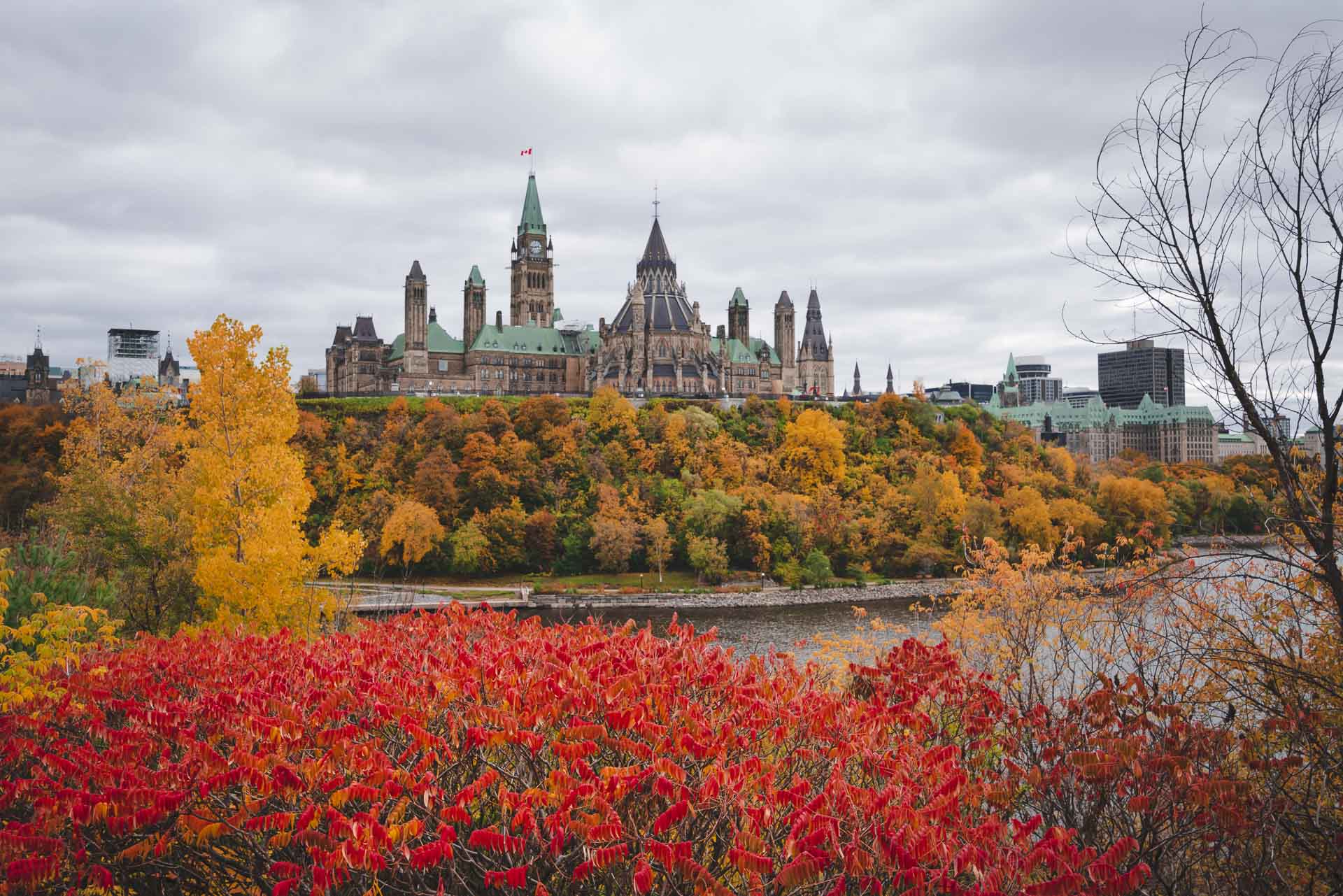F.A.Q
Frequently Asked Questions About PR in Australia:
-
What is the minimum requirement to be eligible to apply for Skilled Migration ?
A recognized qualification with minimum one year experience and Competent Level English.
-
What is the age requirement to apply?
You have to be over 18 years and under 45 years.
-
What qualifications are accepted?
All UGC Approved degrees or A recognized Diploma.
Different Assessment bodies specify the required minimum qualifications for the occupations. The applicants must meet the relevant assessment Authority’s qualification criteria. -
What documents are required for the Skills Assessment?
The required documents depend on the type of Occupation Nominated. Please contact us to get detailed information.
-
Is partner English mandatory?
If your partner has completed a Diploma (2 years) or a degree in English medium it’s not a mandatory requirement otherwise the secondary applicant has two options given either to submit the required functional level of English or make an additional DIBP payment to the Australian Home Affairs.
How ever if your partner can submit the competent score you are entitled for an additional score of 05 points to your profile. -
How to Become a Direct Australian Permanent Resident?
Apply for a permanent visa to live, study and work indefinitely in Australia. The most prevalent permanent visa option comes under the Skilled Migration program of Australia. When you submit the application, you will have to satisfy Australia's visa requirements. Explore the eligibility criteria for every single visa to know what the requirements are.
-
Validity of English Scores?
English scores are valid for three years – Australia Skilled Purpose
-
How long is my Skills Assessment Valid?
It's usually valid for 2- 3 years depending on the Assessing Authority.
-
How To Increase Points for Australian PR?
Your age, qualifications, English language proficiency, work experience and many other factors play a part in your overall PR points. As you can see, some of those factors are beyond your control but others are not. For instance, earning a doctorate or PhD degree will give you the maximum PR points through education.
-
Can I include my family dependants in the same application? Are they allowed to work?
Yes you can include your family in your application and the partner is allowed to work fulltime.
-
Can 491 visa holders lodge other visas?
491 visa holders cannot lodge certain visas until they have held a 491 visa (and met its conditions) for three years.
-
How does the 491 visa lead to permanent residency?
The 491 is a five-year visa. You can access permanent residence through the Subclass 191 (Permanent Residence (Skilled Regional)) visa when you have lived and worked in the designated regional area for at least three years, whilst holding a 491 visa, and have had a taxable income for at least three years.
-
Can I enroll for Medicare under 491 visas?
Yes, the 491 Visa enables you to enroll for Medicare services of the Australia government.
-
What is the visitor visa rule for Australia?
Electronic Travel Authority visa (subclass 601)
This visa allows you to visit Australia as many times as you want, for up to a year, and stay for three months each visit. This visa is available to passport holders from a number of countries and regions,
who live outside Australia.
eVisitor (subclass 651)
This is a free visa for multiple visits to Australia for tourism or business purposes for up to three months at a time within a 12-month period. This visa is available to passport holders from a number of European countries, and it cannot be extended.
Visitor visa (subclass 600)
The Visitor visa allows you to visit Australia, either for tourism or business purposes. It is open to all nationalities. Generally, a period of stay of up to three months is granted, but up to 12 months may be granted in certain circumstances.
-
Can I extend a visitor visa?
If you are already in Australia and hold a valid Electronic Travel Authority visa (subclass 601) you can extend your stay by applying for another visa, such as a Visitor visa (subclass 600). An eVisitor (subclass 651) cannot be extended.
-
What is proof of funds for Australia tourist visa?
Provide as much proof as you can to show you are visiting Australia as a temporary visitor only. This could include proof you have enough money for your stay and to leave Australia.
-
Do I need a return ticket to enter Australia?
There is no requirement to have a return ticket when you arrive in Australia. However, officers at the border need to be satisfied that visitors, working holiday maker and temporary residents are intending to and have the means to depart Australia before their visa expires.
-
Can my visa be denied after approval?
No. A refusal, or ineligibility, under section 214(b) is for that specific application, so once a case is closed, the consular section cannot take any further action.
-
Can I convert my tourist visa to work visa in Australia?
Once you hold a visitor visa, you cannot extend it or convert it into another type of visa, such as a working visa. If you want to extend your stay in Australia as a visitor, you need to apply for another visitor visa
-
What documents are required for visa application?
The required documents depend on the type of visa. Please contact us to get detailed information.
-
How many months does it take to get a tourist visa to Australia?
3 months
-
Can I find a job in Australia on tourist visa?
You cannot legally work in Australia on a tourist visa. Tourist visas are intended for individuals who want to visit Australia for leisure, tourism, or to visit family and friends. They do not grant you the right to work or engage in any paid employment while you are in the country.
Frequently Asked Questions About Studying in the UK
-
Does the length of my semester in getting a visa?
Students who are studying a degree-level course, are allowed to stay in the UK for up to 5 years. (Students' age: 18 or above)
If the course is below degree level, students can usually stay in the UK for up to 2 years. However, there are ways to extend your visa. Please contact us for more information.
-
What is the best time to apply for my visa?
The best time to apply for a Student and Child Student visa is six months before your course start date. Note that you cannot apply more than 3 months before the course start date as stated on your CAS.
-
How long does it take until my visa is ready?
After you submit your application at the visa application centre, you should receive the decision on your visa application within three weeks.
-
Is there any way that the university or you can help speed up my visa process?
UK Visa Application Centres make all the decisions regarding your application. As such, no institution has the authority to interfere with this process.
-
Do I need to attend an interview as a part of my visa application process?
No matter where you are applying from, there is a good chance that you get asked to attend an interview. The purpose of these interviews is to determine students' intentions to study in the UK.
-
What documents are required for visa application?
The required documents depend on the type of visa. Please contact us to get detailed information.
-
What is a CAS?
CAS stands for Confirmation of Acceptance for Studies. This is an electronic letter issued by the university regarding your application for a student visa. The letter includes information such as your personal details, course of study, and a unique CAS number.
-
Am I allowed to use my CAS more than once?
Each visa application has a unique CAS number; therefore, you cannot use a CAS number twice. After the CAS numbers are issued, they are valid for six months. If your visa application is refused, you should contact the proper authorities for further instructions.
-
What should I do if I haven’t received my CAS?
The first step after receiving your offer from your chosen institution is to accept it. The next step is that you have to meet all the conditions of your offer. Then, your CAS will be issued.
-
What is the Level of English required?
Each study programme in the UK requires a certain level of English proficiency. Therefore when students are applying for their visa, they should provide proof of their English language knowledge.
-
What should I do if my visa application is rejected?
If you applied for a visa from inside the UK, you might be able to issue a ‘reconsideration request’. If you believe your visa application should be reviewed, you should read up on the rules carefully on reasons for rejections before reapplying. Please contact us for more details.
-
I left UK after completion of my study programme; can I return for the graduation ceremony?
A student visa allows you to study in the UK, and The Home Office does not consider graduation to be a part of your studies. Once you have completed your study programme, you can't use your visa to return to the UK. However, you can apply for a standard visitor visa for your graduation ceremony.
-
What happens after my visa has expired?
You should make an application for an extension on your visa before its expiry date. If your visa gets expired while you're in the UK, you will be categorised as an ‘overstayer’. This means you're in the UK illegally, therefore you can't study or work. There will be other consequences. Feel free to get in touch with us for more information.
-
Am I allowed to work and study in UK?
There are specific regulations regarding working while studying in the UK. Some of these rules are set by universities, and others depend on the type of your visa.
-
Do I need an ATAS certificate?
Students who want to study Taught or research master’s should contact their institution find out the type your course. After confirming this matter with their Higher Education Institution (HEI), students will know whether they need an ATAS certificate or not.
-
Do I need to provide proof of how much funds I have?
Yes. You need to be able to demonstrate that you have enough funds to cover the first year’s tuition fees plus enough money to cover your living costs for least six months.
-
What is a BRP?
BRP stands for the biometric residence permit. Your BRP will include information such as your name, your fingerprints, your immigration status, date and place of birth.
-
Can I work during or after my studies?
Most students entering the UK on a Student Visa are permitted to work.
Your vignette or Biometric Residence Permit (BRP) will tell you how many hours you are allowed to work each week.
-
Can I study part-time?
Yes. Students can study a part-time course with a Student Visa that leads to a master’s level or above qualification, however, part-time students are not allowed to work (including a work placement) or have dependants in the UK under PBS dependant leave. Students with a current Student Visa studying a full-time course are not allowed to switch to part-time whilst in the UK, they must return to their home country and apply for a new visa.








